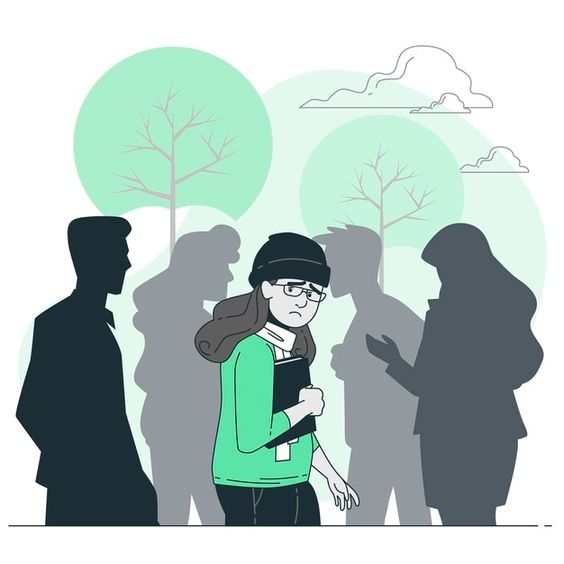Introduction:
Social anxiety is a common mental health condition that causes intense fear or discomfort in social situations. People with social anxiety often worry about being judged, embarrassed, or rejected by others. This can lead to avoidance of social situations, which can have a negative impact on work, school, and personal relationships.

It's important to remember that social anxiety is a real condition, not just a sign of weakness. It often requires professional help to overcome. However, there are also things you can do on your own to manage social anxiety and reduce its impact on your life.
Understanding Your Triggers
One of the first steps in managing social anxiety is to identify your triggers. What are the specific situations or activities that make you feel anxious? Once you know your triggers, you can start to develop coping strategies. For example, if you know that speaking in public makes you anxious, you can practice giving presentations to small groups of friends or family members.
Challenging Negative Thoughts
People with social anxiety often have negative thoughts about themselves and their social interactions. For example, you might worry that you're going to say something stupid or that everyone is judging you. These negative thoughts can fuel your anxiety and make it worse.
It's important to challenge these negative thoughts and replace them with more realistic and positive ones. For example, instead of thinking, "I'm going to make a fool of myself," you could try thinking, "It's okay if I'm a little nervous. Everyone feels that way sometimes."
Relaxation Techniques for Social Anxiety
Learning to manage physical symptoms of anxiety can be incredibly helpful. Deep breathing exercises, meditation, or progressive muscle relaxation can help calm your nerves and reduce anxiety in social situations. These practices can be incorporated into your daily routine and used as needed when you feel anxious.
Seeking Professional Help
If your social anxiety is severe or interfering with your daily life, it's essential to seek professional help. A therapist can teach you coping skills, help you understand the root of your anxiety, and work with you to develop a treatment plan.

.jpg)